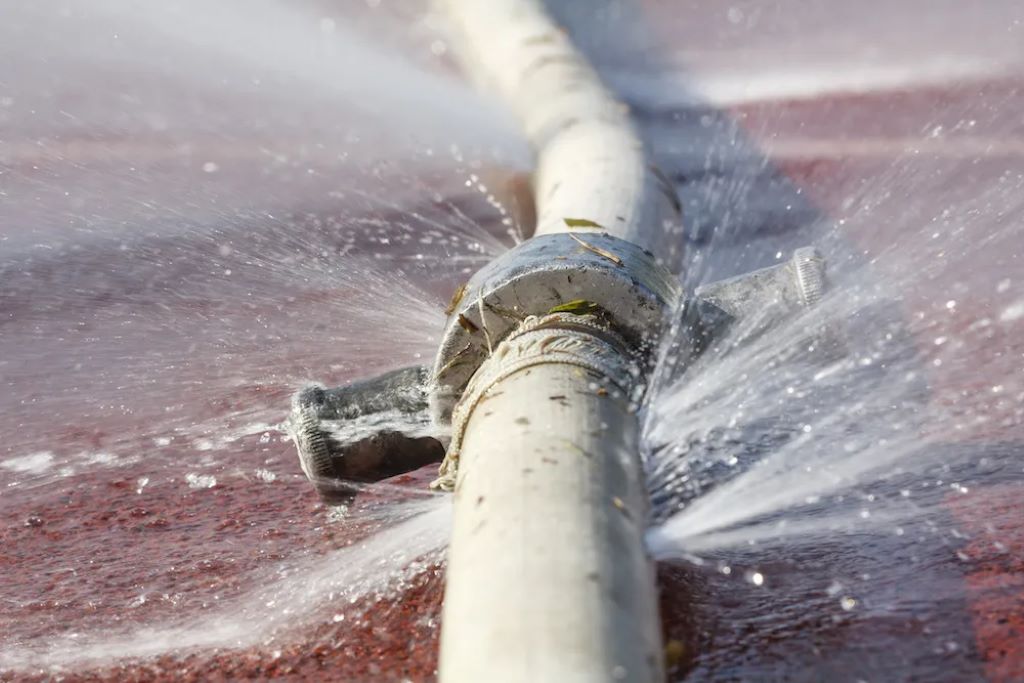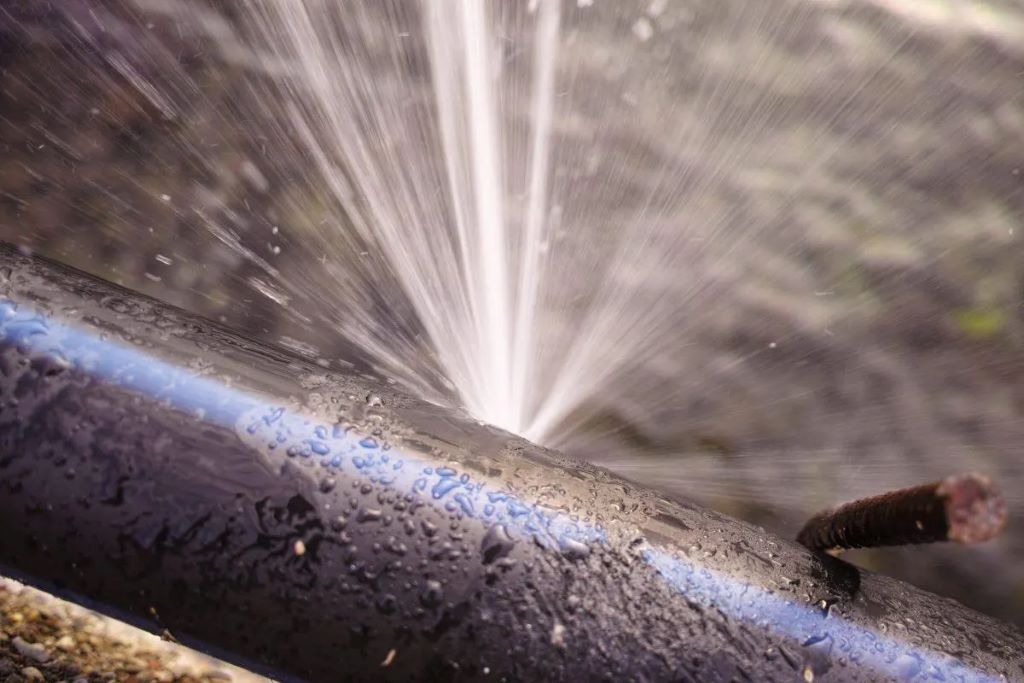
05 May How to Prevent Costly Water Damage with Early Leak Detection
Water damage is a common and costly homeowner headache. Even small, hidden leaks can lead to extensive damage over time – rotting structural elements, hazardous mold growth, and ruined belongings. Thankfully, early leak detection offers a proactive defense against these issues, saving frustration and thousands of dollars in potential repairs.
Understanding the Importance of Early Detection
The key to minimizing water damage is finding leaks before disaster strikes. Catching those sneaky drips and slow leaks early on is essential. Why?
- Hidden Damage: Water often travels unseen behind walls and under floors. A tiny leak could be causing widespread unseen damage before you even notice a problem.
- Rapid Escalation: What starts as a slow drip can escalate quickly. A pinhole leak in a pressurized pipe can release surprising amounts of water under constant pressure.
- Exponential Costs: The longer water flows unchecked, the more expensive the repair bill gets. Early resolution is vital.

Leak Detection Strategies: A Multi-Pronged Approach
Effective leak detection isn’t a one-trick pony. Here’s a comprehensive strategy:
1. Old-School Vigilance
- Track Water Bills: Spikes in water usage often signal a leak, even if you don’t notice any obvious damage yet.
- Look and Listen: Check under sinks, around appliances, and in basements for signs of water (drips, puddles, dampness). Listen for running toilet sounds or dripping when no water is in use.
- Mold Watch: Musty smells, mold, or mildew spots signal moisture. Don’t ignore these signs, as they often indicate a hidden leak.
2. Smart Home Leak Detectors
These are your 24/7 leak watchdogs:
- Spot Sensors: Place these discrete sensors near potential trouble spots (washing machines, water heaters, sinks) to detect moisture. They sound an alarm when water is present.
- Whole Home Systems: Offer more comprehensive monitoring with sensors and a shut-off valve. When a leak is detected, they can automatically cut off your water supply to minimize damage.
3. Professional Inspections
- Routine Plumbing Checkups: Even without a suspected leak, have a plumber inspect your plumbing annually. They catch worn seals or fittings before they turn into leaks.
- Thermal Imaging: If you suspect a hidden leak, a plumber can use thermal imaging to pinpoint moisture behind walls.
Choosing a Leak Detection System
Consider these factors when deciding on a system:
- Property Size: Simple spot sensors may suffice for a small apartment, while larger homes might benefit from a whole-home system.
- Monitoring Needs: Do you want simple alerts or the ability to shut off water remotely? Many smart systems connect to your phone for extra control.
- DIY vs Professional: Spot sensors are usually easy to install, while whole-home systems often require a plumber.
Additional Prevention Tips
Leak detection is a key defense, but these further actions can reduce your leak risks overall:
- Know Your Main Shut-Off: Every homeowner should know where their main water shut-off is, allowing for quick action in case of a major leak.
- Maintain Appliances: Inspect hoses on washing machines and dishwashers regularly; replace them if brittle or cracked.
- Flexible Supply Lines: Consider replacing rigid copper supply lines under sinks with braided stainless steel, which are less likely to burst.
- Vacation Prep: If leaving your home for an extended period, shut off the water main to prevent disaster while you’re gone.
Early Detection = Peace of Mind
While water damage can never be entirely eliminated, early leak detection gives you the best chance of minimizing the financial and emotional toll. Investing in a system and staying vigilant provides peace of mind knowing your home is protected from the silent threat of hidden water leaks.
Remember: Don’t be afraid to call a professional plumber for help in choosing the right detection system or for diagnosing suspected leaks. A small investment now can prevent a huge catastrophe later.


Sorry, the comment form is closed at this time.